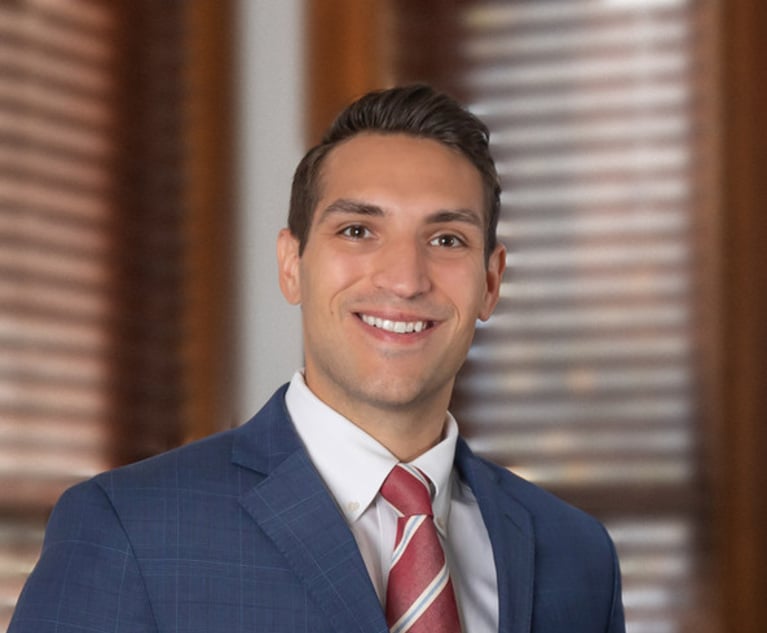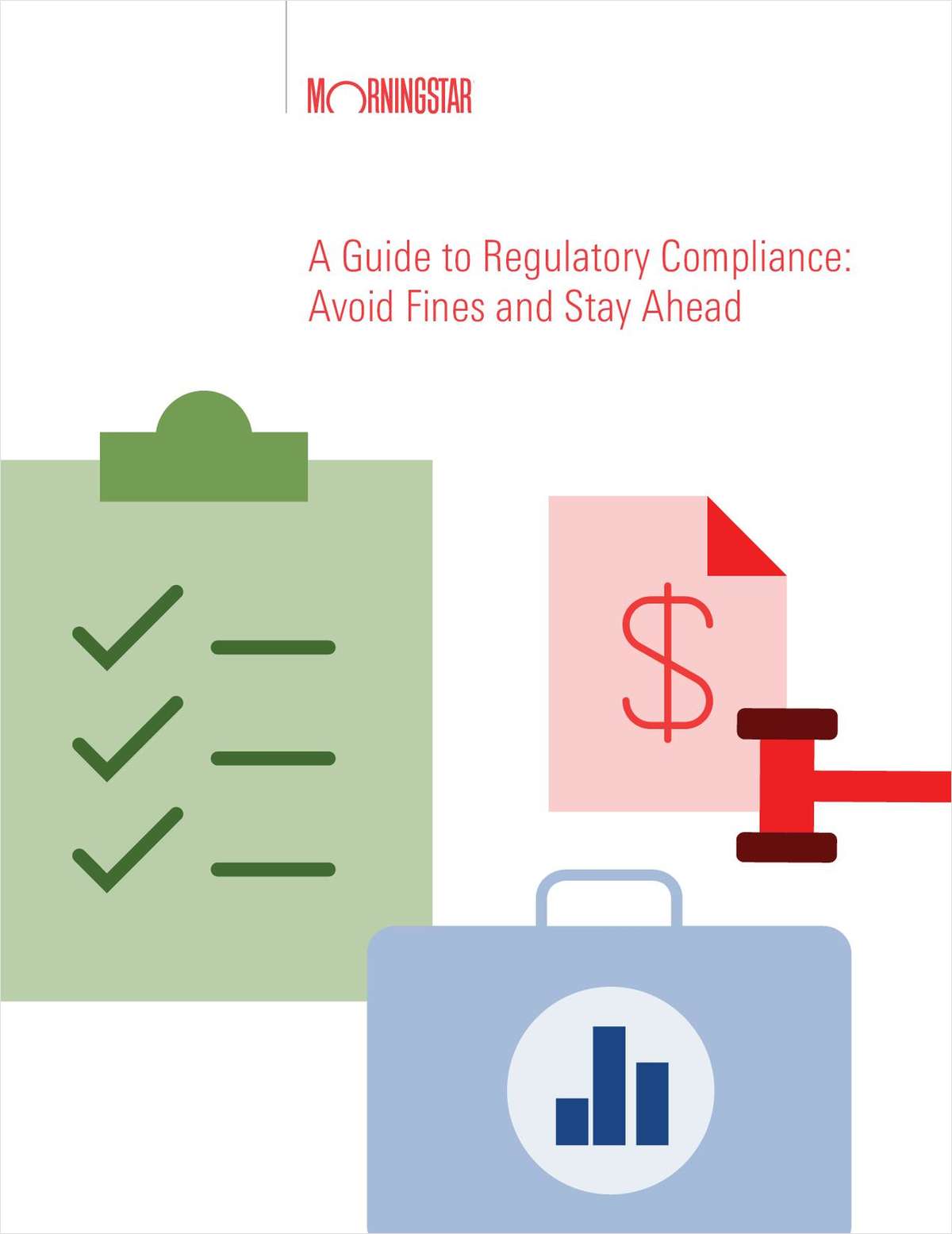 Goodwin College in East Hartford. Photo: Google
Goodwin College in East Hartford. Photo: GoogleGoodwin College Hit With Lawsuit Over Professor's Alleged Sexual Misconduct
Goodwin College assistant professor of mathematics Laura Jean Champagne filed a lawsuit against the university, alleging she was fired for not revealing the name of a female student who says a male professor offered her higher grades in exchange for being his mistress. Champagne's attorney is Michael Reilly of Hartford-based Cicchiello & Cicchiello.
October 18, 2019 at 02:19 PM
4 minute read
For the third time in less than two weeks a Connecticut university has been hit with a sexual misconduct or gender discrimination lawsuit.
The latest incident is a suit filed against Goodwin College Thursday in U.S. District Court for the District of Connecticut on behalf of a former assistant professor of mathematics.
Plaintiff Laura Jean Champagne alleges a female student she was tutoring confided in her that a male professor promised good grades if the student became his mistress. That student alleged the professor also propositioned other female students, the lawsuit claims.
Champagne alleges she spoke to several college officials about the allegations, and that the school fired her for refusing to name the female student to human resources and other top university officials. She claimed the student had pleaded with her not to divulge her name.
Now, Champagne alleges her July 11 firing was a violation of Title IX of the Education Amendments of 1972.
The lawsuit is the latest in which Connecticut universities have been put in the spotlight for all the wrong reasons.
Last week, a female former associate athletic director sued the University of St. Joseph, claiming Hall of Fame men's basketball coach Jim Calhoun demeaned and harassed her. The suit also alleges other men harassed Jaclyn Piscitelli.
And this week, the Hartford Courant ran a Connecticut Mirror article that reported that documents released by Central Connecticut State University showed 10 cases over the last decade involving allegations of sexual misconduct against faculty and staff.
|'Impossible spot'
With regard to Goodwin College, Champagne's attorney, Michael Reilly of Hartford-based Cicchiello & Cicchiello, told the Connecticut Law Tribune Friday his client was put in a difficult situation but she believes she did the right thing.
"Laura Champagne did not want to get fired, but she was placed in an impossible spot," Reilly said. "She'd have to either break someone's confidence, or get fired. They were two unappealing choices."
According to the lawsuit, Champagne met with several university officials, including staff from the human resources department. It alleges university officials asked Champagne to go back to the student and get permission to reveal her identity, but the student refused, and insisted on remaining anonymous.
Pressed several times by human resources and other university officials to reveal the student's identity, the lawsuit said Champagne declined, even though it allegedly damaged her standing at the school. At one point, the lawsuit alleges a human resources employee asked Champagne what the student would say "'if she knew you were going to lose your job,' or words to that effect." Champagne was fired soon after she declined to name the student, the lawsuit claims.
Reilly said the student never told Champagne the name of the professor who allegedly propositions female students. He said Title IX prohibits "any form of sexual harassment of students or staff or anyone really at institutes of higher learning that accept federal funds. The U.S. Supreme Court has found that, implicit in those protections, is protection against retaliation for anyone who makes a complaint or participates in an investigation of conduct that is prohibited by Title IX. My client fits into that category."
As of Friday, Goodwin College had not assigned an attorney to represent it in the litigation.
On Saturday, the college emailed the Connecticut Law Tribune the following statement: "We are not going to specifically comment on pending litigation, but the complaint is inaccurate, incomplete, and misleading. We believe this lawsuit has no merit and plan to defend against it vigorously."
The statement continued: "We can say, without reservation, that Goodwin College has a zero-tolerance policy regarding sexual harassment of any kind. This includes any person whose actions result in protecting the identity of an alleged predator. We have consistently demonstrated that Goodwin College is committed to doing everything in our power to ensure every student, faculty and staff member feels safe and secure."
The suit, which requests a jury trial, seeks attorney fees and unspecified monetary and punitive damages.
Judge Stefan Underhill is scheduled to hear the matter.
Related stories:
This content has been archived. It is available through our partners, LexisNexis® and Bloomberg Law.
To view this content, please continue to their sites.
Not a Lexis Subscriber?
Subscribe Now
Not a Bloomberg Law Subscriber?
Subscribe Now
NOT FOR REPRINT
© 2025 ALM Global, LLC, All Rights Reserved. Request academic re-use from www.copyright.com. All other uses, submit a request to [email protected]. For more information visit Asset & Logo Licensing.
You Might Like
View All
Patent Disputes Over SharkNinja, Dyson Products Nearing Resolution

Judge Slashes $2M in Punitive Damages in Sober-Living Harassment Case

DC Judge Rules Russia Not Immune in Ukrainian Arbitration Award Dispute
2 minute readTrending Stories
- 1'I Couldn't Believe It': Attorney Jim Walden Petitions US Court for Right to Run for NYC Mayor as an Independent
- 2Pittsburgh Jury Tries to Award $22M Against J&J in Talc Case Despite Handing Up Defense Verdict
- 3Judiciary Panel Questions Authority to Make Attorney Admissions Rule for US Trial Courts
- 4A&O Shearman Lost 15 Asia Partners in a Year
- 5Spin-Off Firm Leaves Reed Smith Without Richmond Lobbying Practice
Who Got The Work
Michael G. Bongiorno, Andrew Scott Dulberg and Elizabeth E. Driscoll from Wilmer Cutler Pickering Hale and Dorr have stepped in to represent Symbotic Inc., an A.I.-enabled technology platform that focuses on increasing supply chain efficiency, and other defendants in a pending shareholder derivative lawsuit. The case, filed Oct. 2 in Massachusetts District Court by the Brown Law Firm on behalf of Stephen Austen, accuses certain officers and directors of misleading investors in regard to Symbotic's potential for margin growth by failing to disclose that the company was not equipped to timely deploy its systems or manage expenses through project delays. The case, assigned to U.S. District Judge Nathaniel M. Gorton, is 1:24-cv-12522, Austen v. Cohen et al.
Who Got The Work
Edmund Polubinski and Marie Killmond of Davis Polk & Wardwell have entered appearances for data platform software development company MongoDB and other defendants in a pending shareholder derivative lawsuit. The action, filed Oct. 7 in New York Southern District Court by the Brown Law Firm, accuses the company's directors and/or officers of falsely expressing confidence in the company’s restructuring of its sales incentive plan and downplaying the severity of decreases in its upfront commitments. The case is 1:24-cv-07594, Roy v. Ittycheria et al.
Who Got The Work
Amy O. Bruchs and Kurt F. Ellison of Michael Best & Friedrich have entered appearances for Epic Systems Corp. in a pending employment discrimination lawsuit. The suit was filed Sept. 7 in Wisconsin Western District Court by Levine Eisberner LLC and Siri & Glimstad on behalf of a project manager who claims that he was wrongfully terminated after applying for a religious exemption to the defendant's COVID-19 vaccine mandate. The case, assigned to U.S. Magistrate Judge Anita Marie Boor, is 3:24-cv-00630, Secker, Nathan v. Epic Systems Corporation.
Who Got The Work
David X. Sullivan, Thomas J. Finn and Gregory A. Hall from McCarter & English have entered appearances for Sunrun Installation Services in a pending civil rights lawsuit. The complaint was filed Sept. 4 in Connecticut District Court by attorney Robert M. Berke on behalf of former employee George Edward Steins, who was arrested and charged with employing an unregistered home improvement salesperson. The complaint alleges that had Sunrun informed the Connecticut Department of Consumer Protection that the plaintiff's employment had ended in 2017 and that he no longer held Sunrun's home improvement contractor license, he would not have been hit with charges, which were dismissed in May 2024. The case, assigned to U.S. District Judge Jeffrey A. Meyer, is 3:24-cv-01423, Steins v. Sunrun, Inc. et al.
Who Got The Work
Greenberg Traurig shareholder Joshua L. Raskin has entered an appearance for boohoo.com UK Ltd. in a pending patent infringement lawsuit. The suit, filed Sept. 3 in Texas Eastern District Court by Rozier Hardt McDonough on behalf of Alto Dynamics, asserts five patents related to an online shopping platform. The case, assigned to U.S. District Judge Rodney Gilstrap, is 2:24-cv-00719, Alto Dynamics, LLC v. boohoo.com UK Limited.
Featured Firms
Law Offices of Gary Martin Hays & Associates, P.C.
(470) 294-1674
Law Offices of Mark E. Salomone
(857) 444-6468
Smith & Hassler
(713) 739-1250











